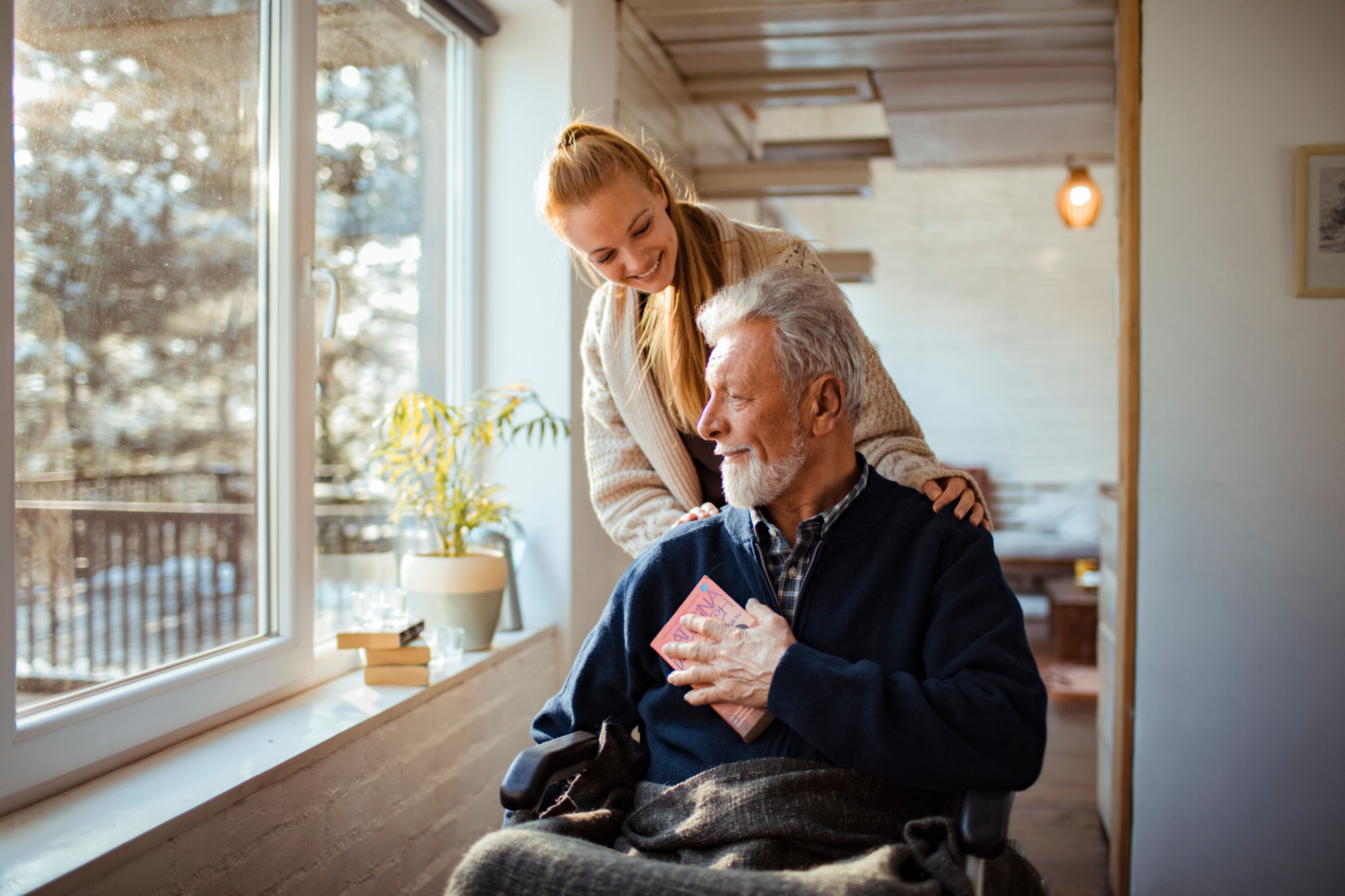Fit University: The Intersection of Fitness and Social Change
AP
The Role of Fitness in Social Change
Fitness has always been a cornerstone of personal health and well-being, but it is increasingly becoming a powerful catalyst for social change. At the crossroads of fitness and social activism, new initiatives are emerging that leverage physical activity to address broader societal issues. These initiatives aim to promote inclusivity, foster community development, and support mental health.
Communities worldwide are recognizing the potential of fitness as a tool to break down social barriers. By creating accessible fitness programs and facilities, these initiatives work to ensure that everyone, regardless of their background or economic status, can participate and benefit from physical activity.

Fitness as a Tool for Empowerment
One of the most significant impacts of fitness on social change is its ability to empower individuals. By providing a platform for people to improve their physical health, fitness programs also boost confidence and self-esteem. This empowerment can lead to greater advocacy for personal and community rights, creating a ripple effect that extends beyond the gym.
Moreover, fitness initiatives often encourage leadership development. As participants engage in group activities, they learn skills such as teamwork, communication, and goal-setting. These skills are invaluable not only in personal growth but also in fostering active citizenship and community engagement.

Promoting Mental Health Through Fitness
The connection between physical activity and mental health is well-documented. Exercise is known to reduce symptoms of anxiety and depression, improve mood, and enhance overall mental well-being. By integrating fitness into mental health strategies, communities can offer holistic approaches to wellness that address both physical and psychological needs.
Fitness programs that focus on mental health are particularly beneficial in underserved areas where traditional mental health resources may be limited. By providing an accessible outlet for stress relief and emotional support, these programs serve as a vital resource for individuals facing mental health challenges.

Building Inclusive Communities
Inclusion is a fundamental aspect of fitness-based social change. By designing programs that cater to diverse populations, fitness initiatives can bring together people from various backgrounds and create a sense of belonging. This inclusivity helps break down stereotypes and encourages mutual understanding among participants.
Fitness events such as community runs, yoga in the park, or dance classes can serve as platforms for cultural exchange and celebration. These events not only promote physical health but also strengthen social ties and build bridges between different community groups.
A Call to Action for Change-Makers
For those looking to make a difference in their community, the intersection of fitness and social change offers numerous opportunities. By supporting or initiating programs that use fitness as a tool for empowerment, individuals can contribute to a healthier, more equitable society.
Whether you are a fitness enthusiast, a community leader, or someone passionate about social justice, there are many ways to get involved. From volunteering at local fitness events to advocating for policy changes that increase access to sports facilities, every action counts towards building healthier communities.

Conclusion: The Future of Fit University
The future of Fit University lies in its ability to adapt and grow alongside societal needs. As more individuals recognize the power of fitness in driving social change, the potential for innovation in this field is limitless. By continuing to explore new ways to integrate fitness into broader social initiatives, we can create lasting positive impacts on both individual lives and entire communities.
Ultimately, the intersection of fitness and social change highlights the importance of holistic approaches to well-being. By prioritizing accessibility, inclusivity, and empowerment through fitness, we can pave the way for a healthier and more just society.